11 Home Remedies For Hives And Treatment
Simple at-home remedies to relieve itchy and bumpy skin triggered by allergens.
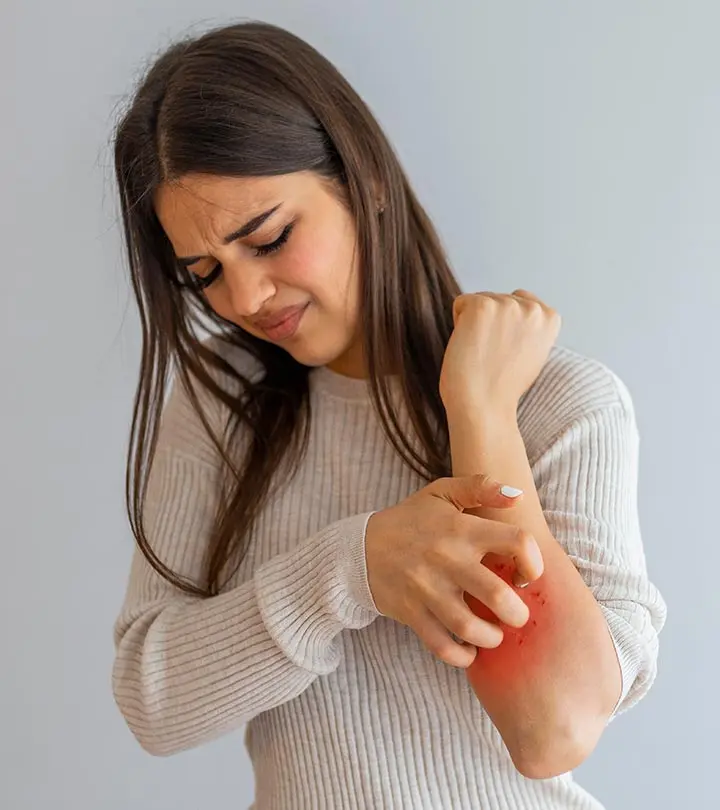
Image: Shutterstock
Urticaria, commonly known as hives, develops as an allergic reaction to changes in temperature, medications, food, insect bites, stress, or sunlight. In most cases, hives clear up on their own without any medical intervention. However, sometimes they may cause intense itching. In such cases, home remedies for hives may provide comfort and relieve discomfort. While recognizing the underlying causes and symptoms is essential for effective and long-term relief, the remedies discussed below may come in handy during emergencies. Scroll down to check them out!
In This Article
What Causes Hives?
Hives is a condition that causes the skin to develop itchy red patches.
It is also known as urticaria. It may appear as tiny spots or large blotches on the surface of the skin. It usually occurs as an allergic reaction to certain substances, medication, or food. When the human body triggers an allergic reaction, it causes histaminei A biologically active substance found in the tissues of the body that is released from white blood cells during allergic reactions. to be released, which results in the leakage of fluid into the skin’s layers. This makes the skin appear bumpy, red, and itchy.
According to a cross-sectional analysis published in PubMed, the prevalence of chronic hives (urticaria) in the US was 0.23% (230 cases/100,000 adults). It was further estimated that the prevalence of hives in women was 310 cases/100,000 adults in comparison to that of men, which was 140 cases/ 100,000 adults.
The next section explains the different types of hives in detail. Take a look.
Key Takeaways
- Hives, also known as urticaria, cause red itchy patches on the skin.
- Exposure to chemicals, medications, or foods can cause hives.
- Consuming vitamin D supplements, ginger juice, or green tea can help reduce inflammation in the affected areas.
- You can also use OTC medications like Allegra and Calamine lotion to treat hives.
Types Of Hives
Listed below are the different types of hives (1),(2), (3) :
- Acute Urticaria: It is the most common type and may last for a few hours to six weeks.
- Chronic Urticaria: It happens twice a week for more than six weeks and may last for months or even years. It occurs due to autoimmune conditions like systemic lupus erythematosus (SLE) and Sjogren’s syndrome.
- Inducible Urticaria: This develops when you scratch your skin or when clothes rub against your skin.
- Aquagenic Urticaria: This occurs when the skin is exposed to water. Hives may occur regardless of the water’s temperature.
- Exercise-Induced Urticaria: This develops during or after an intense workout due to body warming or stress. Exercise-induced urticaria may cause symptoms like shortness of breath.
Home Remedies For Hives
1. Aloe Vera
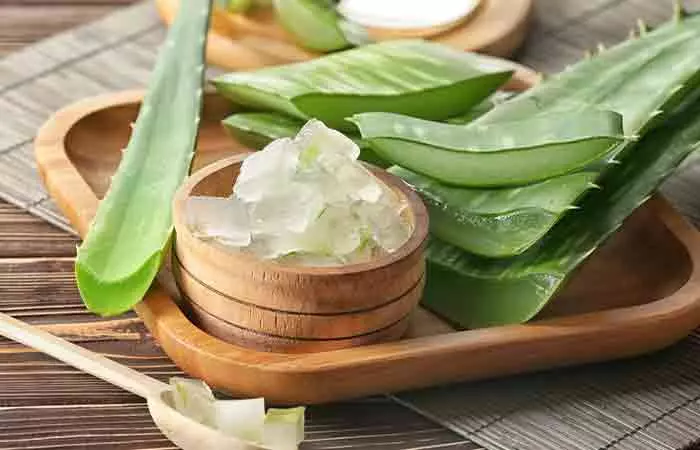
Aloe vera is among the popular got-to home remedies for allergies. It possesses healing, soothing, and anti-inflammatory properties (4). These properties may help soothe the skin and promote faster healing.
You Will Need
Aloe vera gel
What You Have To Do
- Apply aloe vera gel to the hives.
- Leave it overnight and rinse it off in the morning.
How Often You Should Do This
Do this once every night until the itching subsides.
2. Coconut Oil
Coconut oil has anti-inflammatory and analgesic properties
(5). Hence, it may help reduce skin irritation and itching caused by hives.
You Will Need
1 tablespoon coconut oil
What You Have To Do
- Apply coconut oil to the affected area.
- You can leave it on for about 20 minutes and wash it off with water.
How Often You Should Do This
Do this once a day.
3. Tea Tree Oil
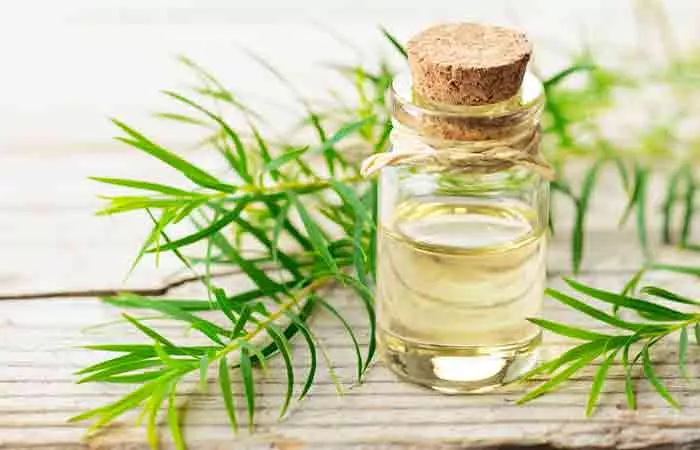
Tea tree oil exhibits strong antibacterial and anti-inflammatory properties (6). These qualities make it one of the best essential oils for itching and general skin irritations. This may decrease the swelling caused by hives and also heal rashes.
You Will Need
- A few drops of tea tree oil
- 1 tablespoon of carrier oil (jojoba or sweet almond oil)
What You Have To Do
- Add a few drops of tea tree oil to jojoba oil or sweet almond oil.
- Heat the mixture slightly.
- Apply this warm mixture on the affected areas and massage gently.
How Often You Should Do This
Do this 1-2 times a day.
Note: Do a patch test before application as it may cause skin irritation.
4. Witch Hazel
Studies show that witch hazel contains bioactive compounds, like tannins and proanthocyanidins, that exhibit anti-inflammatory activities (7). This may help in soothing the rashes and reducing swelling in the affected area.
You Will Need
Witch hazel extract
What You Have To Do
- Dab a small amount of witch hazel extract on a cotton ball or Q-tip and apply it to the affected areas.
- Let it dry.
- Wash off with plain water.
How Often You Should Do This
Do this 2 times a day.
5. Baking Soda
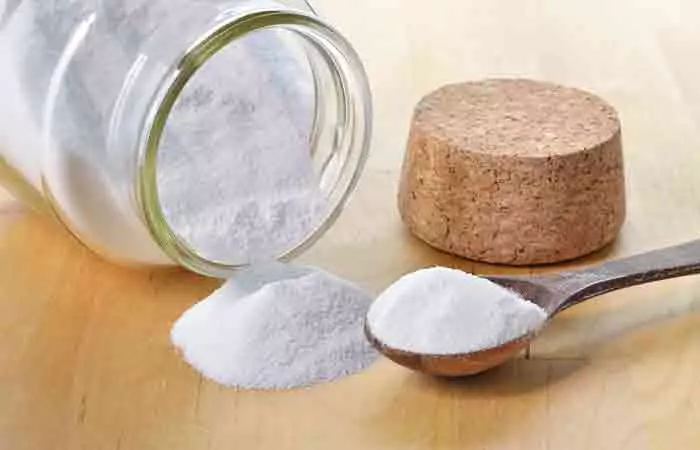
Baking soda baths were found to alleviate skin itching and irritation (8). Hence, baking soda may help in soothing the symptoms of hives.
You Will Need
- 1 tablespoon baking soda
- Water
What You Have To Do
- Prepare a thick paste with baking soda and water.
- Apply a coat of this paste on the affected area.
- Rinse thoroughly with water after 10 minutes.
How Often You Should Do This
Do this once a day.
6. Turmeric
The curcumin in turmeric is effective in improving conditions like pruritusi A skin condition that causes an irritating and uncomfortable sensation and leads to a desire to scratch. and psoriasis (9). Hence, it may help soothe the symptoms of hives.
You Will Need
- 1 teaspoon of turmeric powder
- Water (as needed)
What You Have To Do
- Prepare a fine paste of turmeric powder and water.
- Apply this paste to the hives and leave it on until it dries.
- Wash it off with lukewarm water.
How Often You Should Do This
Do this 2 times a day.
7. Epsom Salt
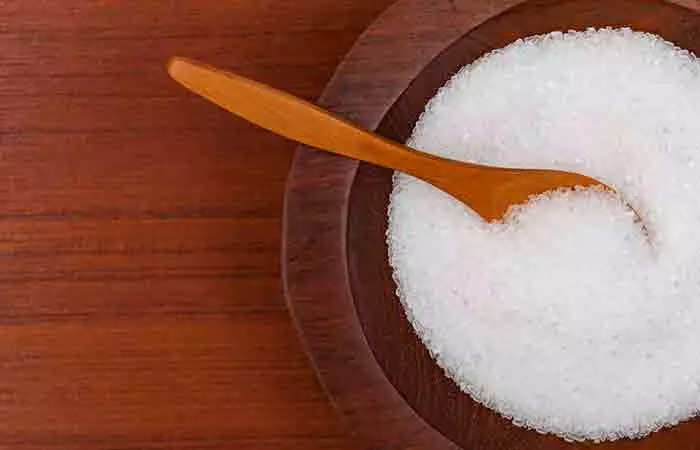
Epsom salt baths help in relieving inflammation and soothing the skin (10). This may help relieve itching associated with hives.
You Will Need
- A tub of warm water
- 1-2 cups of Epsom salt
What You Have To Do
- Fill your bathtub with warm water.
- Add a few cups of Epsom salt to the water.
- Soak in the bath for about 15-20 minutes.
How Often You Should Do This
Do this once every day until the hives subside.
8. Supplements
Fish oil and vitamin D supplements may help in relieving the symptoms of hives.
Fish oil is rich in omega-3 fatty acids that exhibit anti-inflammatory properties (11). These properties may help soothe your symptoms.
Vitamin D supplements were found to help in the treatment and management of chronic cases of urticaria (12).
Caution: Please consult a doctor before consuming these supplements.
9. Green Tea
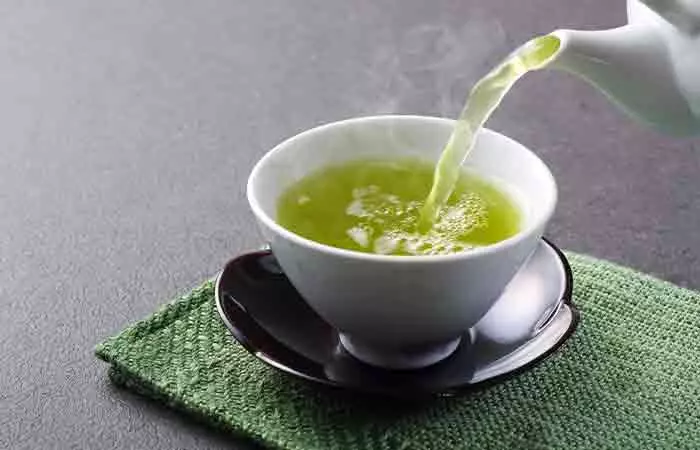
Green tea is rich in polyphenols that have anti-inflammatory properties (13). Hence, it may help in reducing swelling in the affected area.
You Will Need
- Water
- Green tea leaves
What You Have To Do
- Steep some tea leaves in hot water.
- Add some honey to this decoction and consume it while warm.
How Often You Should Do This
Do this 2 times a day.
10. Ginger
Ginger is rich in bioactive compounds that impart analgesici The property of a substance formulated to reduce or relieve pain without causing loss of consciousness. Also called painkillers. and anti-inflammatory properties to it (14). These properties may help in reducing pain and inflammation in the affected area.
You Will Need
- 1 teaspoon of ginger juice
- 1 teaspoon of honey
What You Have To Do
- Extract ginger juice and add honey to it.
- Consume this mixture.
When You Need To Do This
Do this 2-3 times a day.
11. Chamomile
Chamomile has calming and anti-inflammatory effects that can help soothe hives and reduce irritation (15). These help provide relief from the itching and discomfort caused by hives.
You Will Need
- 1 chamomile tea bag
- 1 cup of hot water
- A clean cloth or gauze
What You Have To Do
- Steep the chamomile tea bag in hot water for about 5 minutes.
- Let it cool, then soak a clean cloth or gauze in the tea.
- Apply it as a compress to the affected area.
When You Need To Do This
Use this compress 2-3 times a day.
In addition, exercise may help reduce stress hormone levels that help minimize hives. Sarah Stevenson, a blogger, recounted her struggles with hives and explained how exercise helps reduce stress hormone levels. In her blog, she writes, “If I’m feeling okay enough to exercise, it might help–sometimes it seems to help me metabolize whatever medication I’ve taken, and the hives will start to go down (i).”
 Quick Tip
Quick TipCaution: If you notice any irritation or allergic reaction after using a home remedy for hives, stop using it immediately and seek advice from a healthcare professional. Always test a small area first and consult a doctor if you have any concerns about your symptoms.
If these remedies do not work, you can try some other solutions. Listed below are some over-the-counter medications to treat hives.
Over-The-Counter Treatment Options
Medical treatment options for hives include:
- Calamine lotion
- Fexofenadine (Allegra)
- loratadine (Claritin)
- Cetirizine (Zyrtec)
- Corticosteroids
These are commonly administered antihistamine medications that may combat allergic reactions that give rise to hives. Make sure to take these medications only if a doctor recommends them. Furthermore, doctors may prescribe topical creams and ointments for skin hydration and to alleviate itching and irritation caused by hives.
When To See Your Doctor
Most cases of urticaria are usually mild. In such cases, you may treat it at home. However, if your symptoms do not subside after a few days, consult a doctor. If you experience any trouble in breathing or feel a swelling develop in your throat, seek immediate medical help.
Here are some prevention tips that will help you.
Prevention Tips For Hives
Generally, hives occur as a reaction to a substance or food that you may be allergic to. You must avoid contact with all such substances and refrain from consuming any foods that may cause the release of histamine into your bloodstream.
Additionally, some people may develop hives when they step out in the sun. Make sure to limit exposure to sunlight by covering up or applying sunscreen.
 Quick Tip
Quick TipInfographic: Top 5 Home Remedies To Get Relief From Hives
Hives are intensely itchy and raised areas that may occur anywhere on the body. They may or may not be caused by an allergic reaction and can be quite irritating to deal with. The following infographic lists the top five home remedies that can help you soothe the symptoms related to hives. Check it out!

Illustration: StyleCraze Design Team
Hives, or urticaria as it is called in medical terms, are a response to allergens and appear as itchy and red patches on the skin. You may get hives from allergens in food, medications, chemical-based products, or natural substances that trigger the release of histamines in the bloodstream. The symptoms can resolve on their own, but if you want to facilitate and speed up the process, you may apply any of the home remedies for hives. A probiotic-rich diet, ample rest, applying cool compresses to the affected area, and taking oatmeal baths can help soothe the skin and reduce itching. Aloe vera, coconut oil, tea tree oil, witch hazel, green tea, ginger, turmeric, chamomile, apple cider vinegar, and Epsom salt are some natural ingredients that may reduces hive and soothe irritated and itchy skin.
Frequently Asked Questions
Does scratching hives make them worse? Can hives spread by scratching?
Scratching hives may make them sore and also increase the discomfort. It can also make them more severe and cause them to spread.
Why do hives get worse at night?
Skin itchiness may increase at night due to increased blood flow to your skin and increased loss of moisture from the skin surface at night. These factors may make hives itchier at night.
Are hives contagious?
In most cases, hives are not contagious as they are caused by the release of histamine in your bloodstream. In very rare cases, hives that are caused by viruses may be contagious.
How long do hives last?
Hives may last from a few minutes to several hours. In mild cases, it may last for a few minutes or last the whole day.
Why am I breaking out in hives?
Hives are often caused by allergens. Common triggers may include pollen, latex, eggs, detergents, and milk. Stress and some underlying condition may also cause hives. It’s better to consult a doctor if they do not subside in a few days.
Can Covid cause hives all over the body?
Yes. People with Covid may develop itchy rashes, which look similar to hives. However, not all may experience this.
What do stress hives look like?
Stress hives often look like raised red and itchy bumps on the skin. The best way to prevent them is through stress management and avoiding triggers. Deep breathing exercises, yoga, and other stress-managing practices can lessen the frequency and intensity of stress hives.
What is the difference between a rash and a hive?
Hives are raised bumps on the skin, which are typically caused by an allergic reaction. Whereas rashes are flat, red, and may appear scaly. They are caused by irritants.
What infections cause hives?
Hepatitis, bacterial infections like Helicobacter pylori, or dental infection may cause hives.
Illustration: Home Remedies For Hives And Treatment
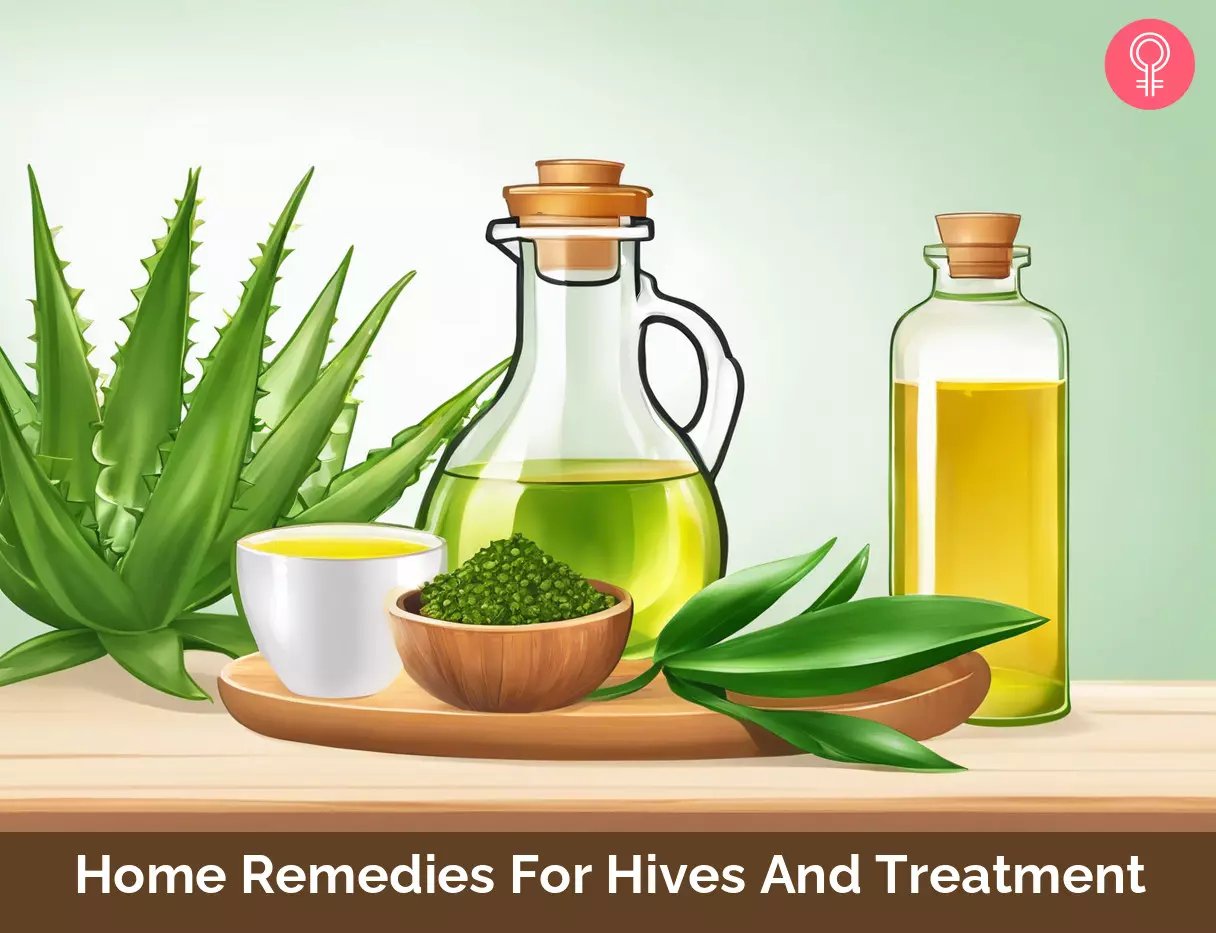
Image: Stable Diffusion/StyleCraze Design Team
Learn how to manage hives at home with simple natural remedies. Click on this video to help get relief from the itching and discomfort quickly and easily.
Personal Experience: Source
StyleCraze's articles are interwoven with authentic personal narratives that provide depth and resonance to our content. Below are the sources of the personal accounts referenced in this article.
i. The Heartbreak of…Chronic Hiveshttps://aquafortis.blogspot.com/2015/10/the-heartbreak-ofchronic-hives.html
References
Articles on StyleCraze are backed by verified information from peer-reviewed and academic research papers, reputed organizations, research institutions, and medical associations to ensure accuracy and relevance. Read our editorial policy to learn more.
- Kanani, Amin et al. “Urticaria and angioedema” Allergy, Asthma & Clinical Immunology (AACI) 14(Suppl 2): 59.
https://www.ncbi.nlm.nih.gov/pmc/articles/PMC6157046/ - Tenorio, Arturo Robles et al. “Aquagenic urticaria: water, friend, or foe?” Clinical Case Reports 8(11): 2121–2124.
https://www.ncbi.nlm.nih.gov/pmc/articles/PMC7669369/ - Sijapatai, Nikita et al “Exercise-induced urticaria: a rare case report” Cureus 14(3): e23062.
https://www.ncbi.nlm.nih.gov/pmc/articles/PMC8995004/ - Surjushe, Amar et al. “Aloe vera: a short review.” Indian journal of dermatology vol. 53,4 (2008): 163-6.
https://www.ncbi.nlm.nih.gov/pmc/articles/PMC2763764/ - Intahphuak, S et al. “Anti-inflammatory, analgesic, and antipyretic activities of virgin coconut oil.” Pharmaceutical biology vol. 48,2 (2010): 151-7.
https://pubmed.ncbi.nlm.nih.gov/20645831/ - Pazyar, Nader et al. “A review of applications of tea tree oil in dermatology.” International journal of dermatology vol. 52,7 (2013): 784-90.
https://pubmed.ncbi.nlm.nih.gov/22998411/ - Thring, Tamsyn Sa et al. “Antioxidant and potential anti-inflammatory activity of extracts and formulations of white tea, rose, and witch hazel on primary human dermal fibroblast cells.” Journal of inflammation (London, England) vol. 8,1 27.
https://www.ncbi.nlm.nih.gov/pmc/articles/PMC3214789/ - Verdolini, R et al. “Old fashioned sodium bicarbonate baths for the treatment of psoriasis in the era of futuristic biologics: an old ally to be rescued.” The Journal of dermatological treatment vol. 16,1 (2005): 26-30.
https://pubmed.ncbi.nlm.nih.gov/15897164/ - Vaughn, Alexandra R et al. “Effects of Turmeric (Curcuma longa) on Skin Health: A Systematic Review of the Clinical Evidence.” Phytotherapy research : PTR vol. 30,8 (2016): 1243-64.
https://pubmed.ncbi.nlm.nih.gov/27213821/ - Rudolf, R D. “The use of Epsom salts, historically considered.” Canadian Medical Association journal vol. 7,12 (1917): 1069-71.
https://www.ncbi.nlm.nih.gov/pmc/articles/PMC1584988/ - Huang, Tse-Hung et al. “Cosmetic and Therapeutic Applications of Fish Oil’s Fatty Acids on the Skin.” Marine drugs vol. 16,8 256.
https://pubmed.ncbi.nlm.nih.gov/30061538/ - Boonpiyathad, Tadech et al. “Vitamin d supplements improve urticaria symptoms and quality of life in chronic spontaneous urticaria patients: a prospective case-control study.” Dermato-endocrinology vol. 6,1 e29727.
https://www.ncbi.nlm.nih.gov/pmc/articles/PMC4203568/ - Ohishi, Tomokazu et al. “Anti-inflammatory Action of Green Tea.” Anti-inflammatory & anti-allergy agents in medicinal chemistry vol. 15,2 (2016): 74-90.
https://pubmed.ncbi.nlm.nih.gov/27634207/ - Grzanna, Reinhard et al. “Ginger–an herbal medicinal product with broad anti-inflammatory actions.” Journal of medicinal food vol. 8,2 (2005): 125-32.
https://pubmed.ncbi.nlm.nih.gov/16117603/ - Dai YL, Li Y, Wang Q, Niu FJ, Li KW, Wang YY, Wang J, Zhou CZ, Gao LN. “Chamomile: A Review of Its Traditional Uses, Chemical Constituents, Pharmacological Activities and Quality Control Studies.” Molecules. (2022) Dec 23;28(1):133.
https://pmc.ncbi.nlm.nih.gov/articles/PMC9822300/
Read full bio of Dr. Zeel Gandhi
Read full bio of Sucharita Mishra
Read full bio of Arshiya Syeda
Read full bio of Monomita Chakraborty







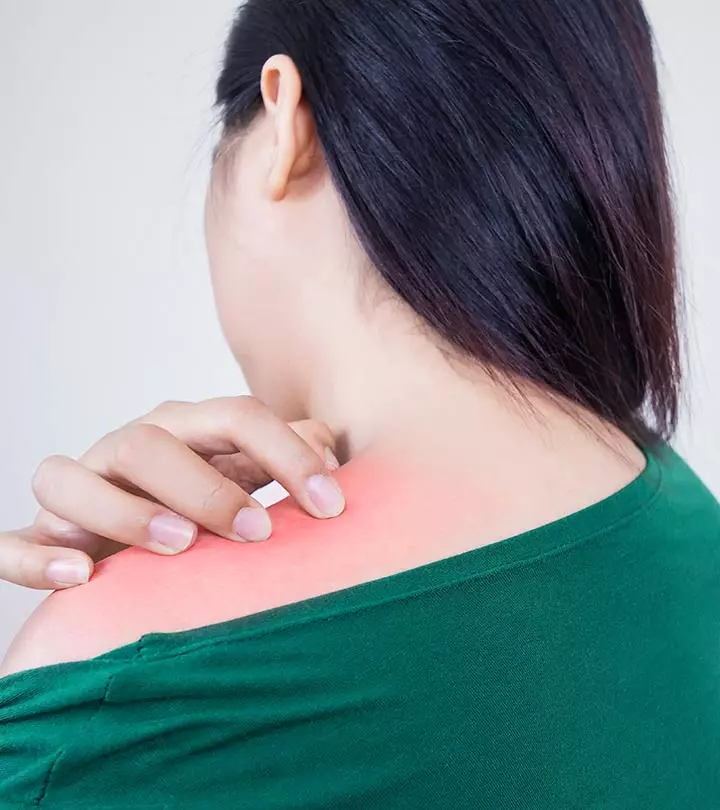
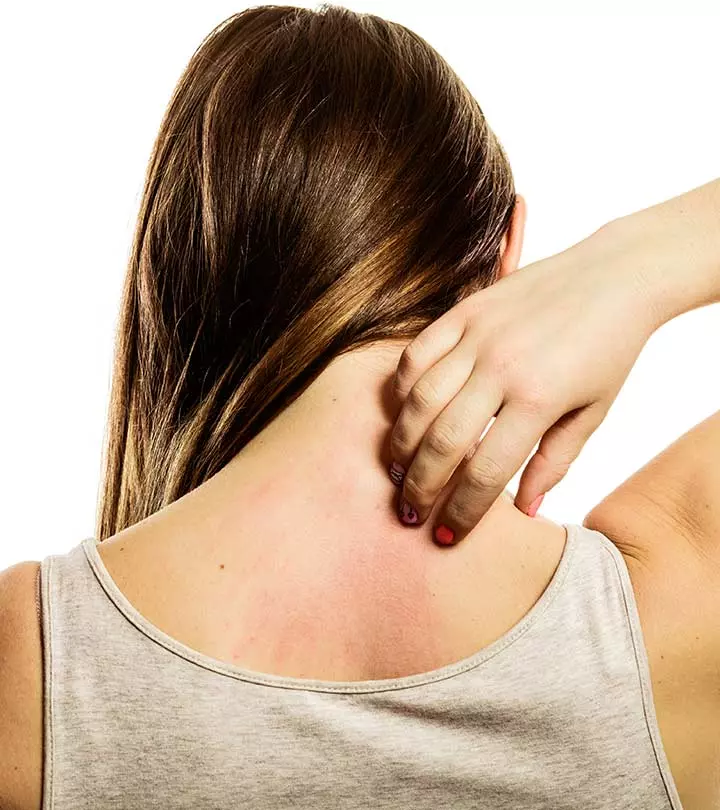

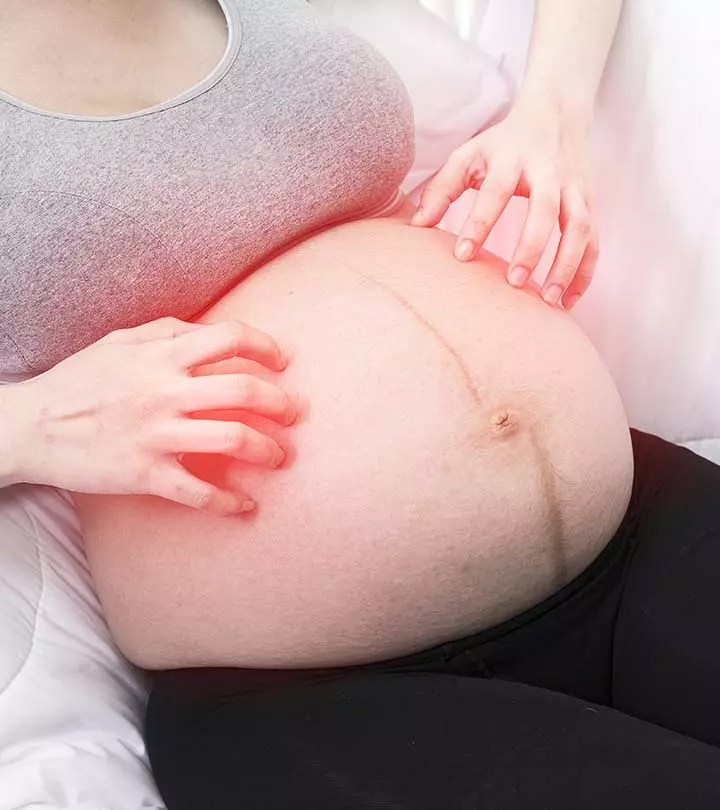
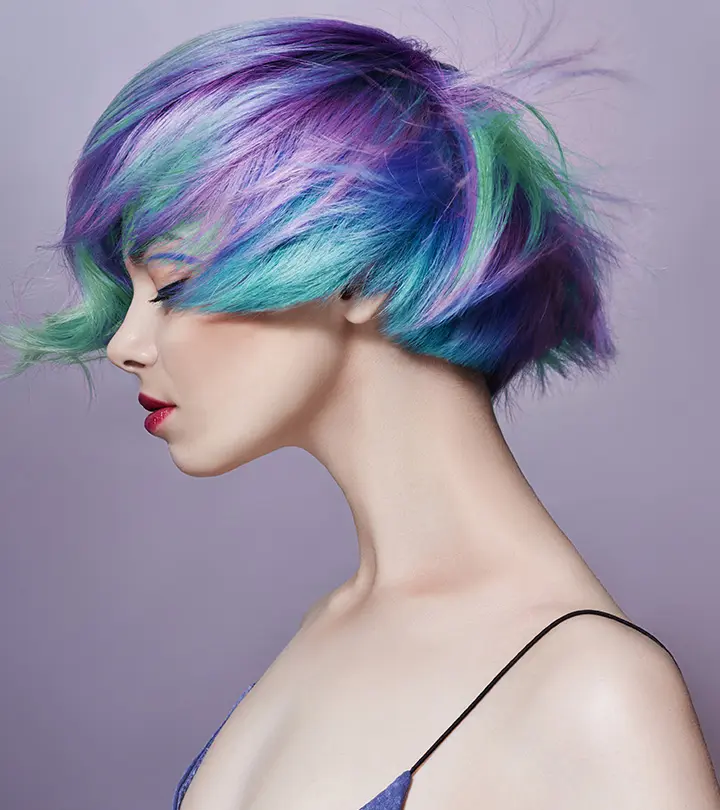


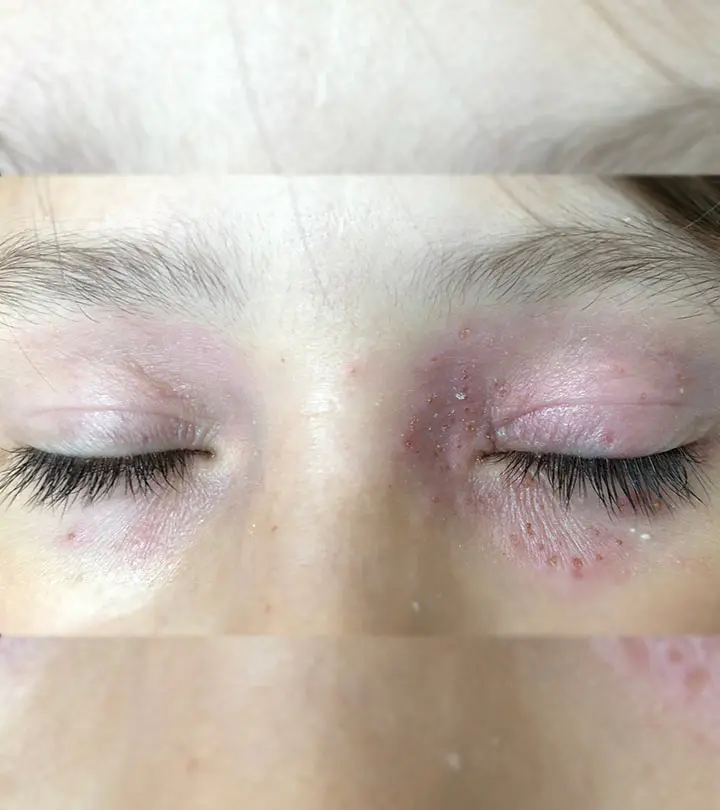
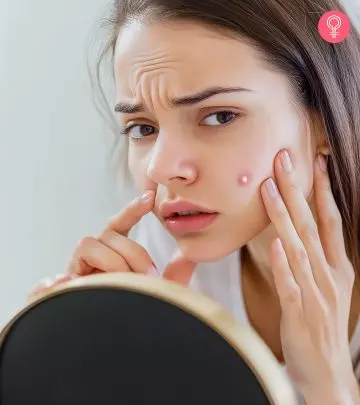
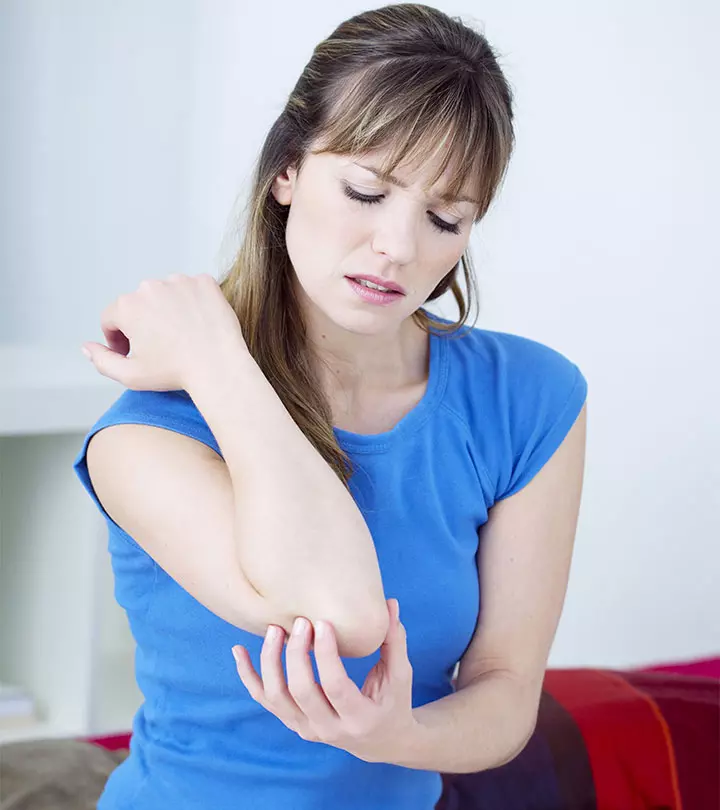


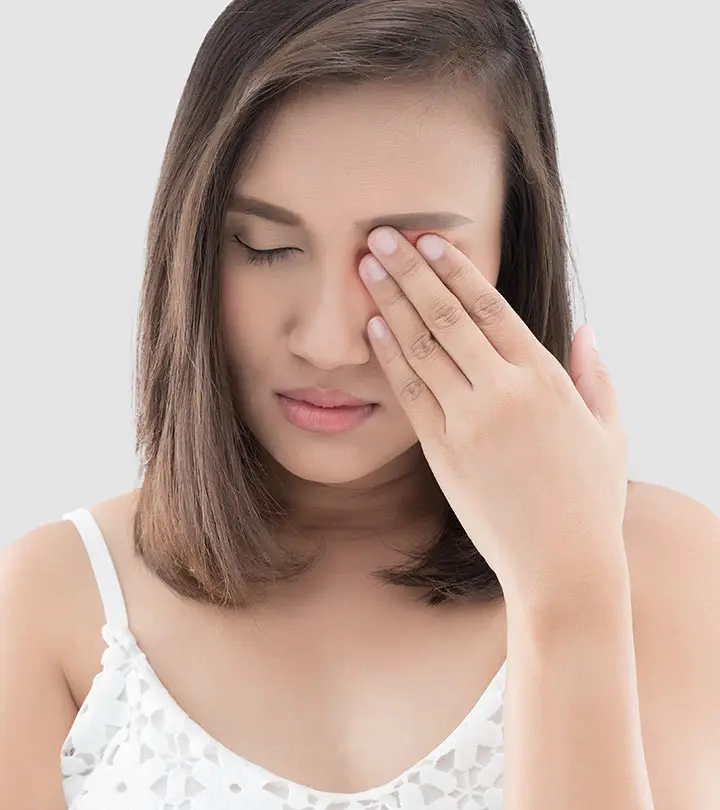
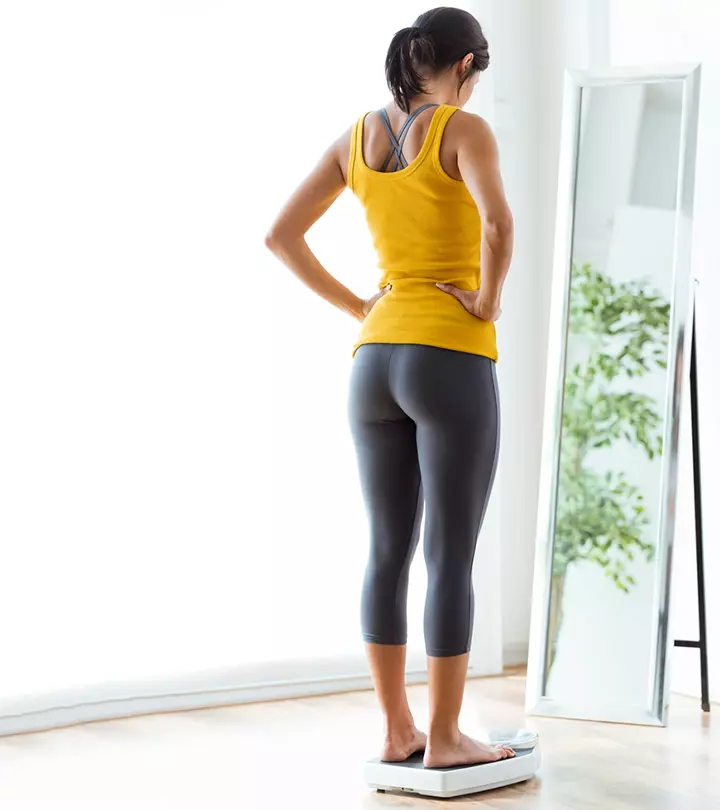
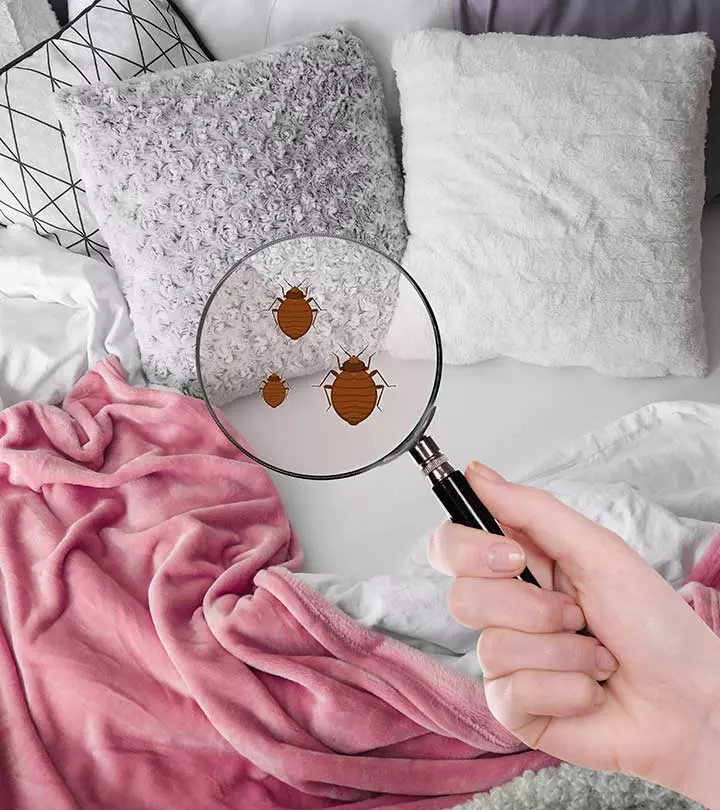
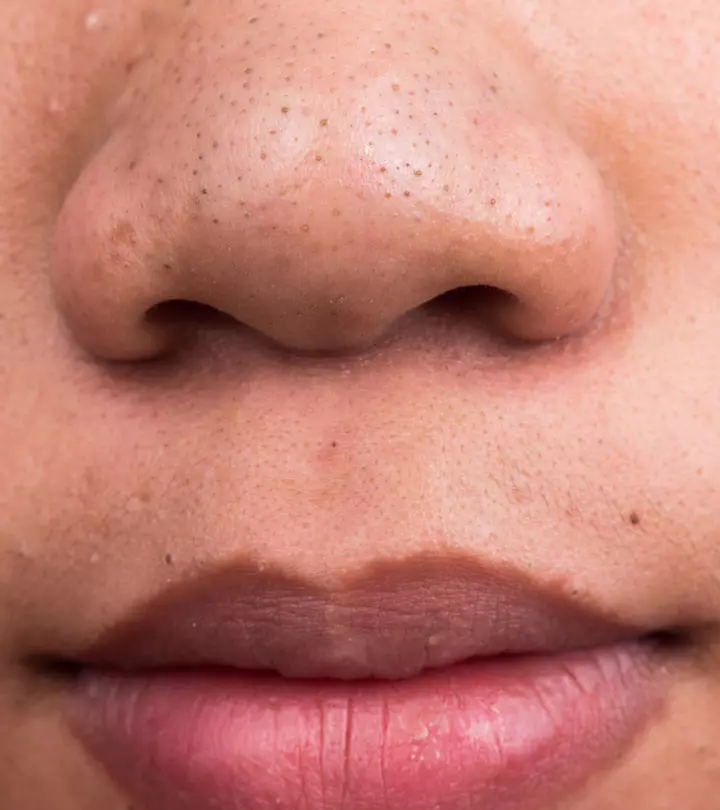
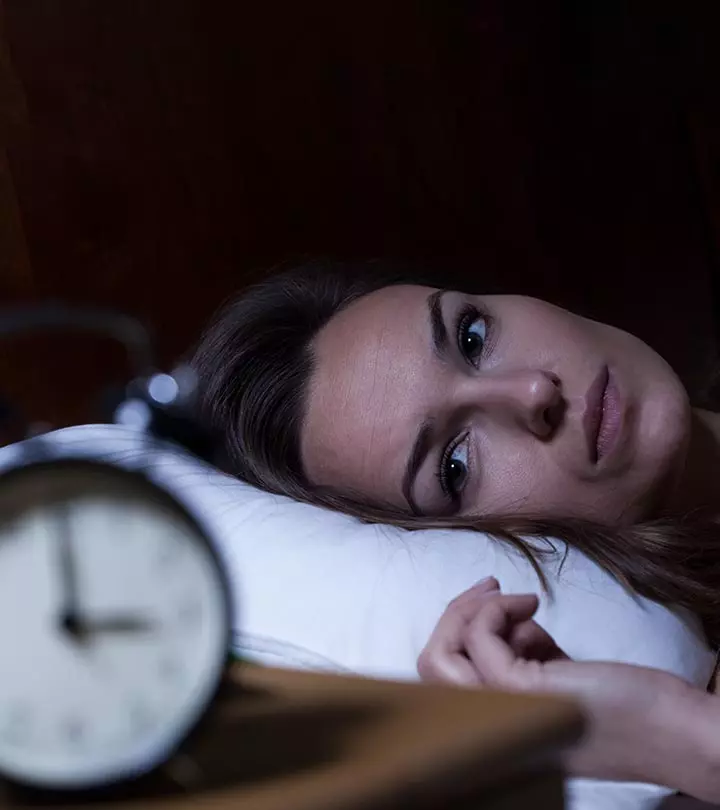

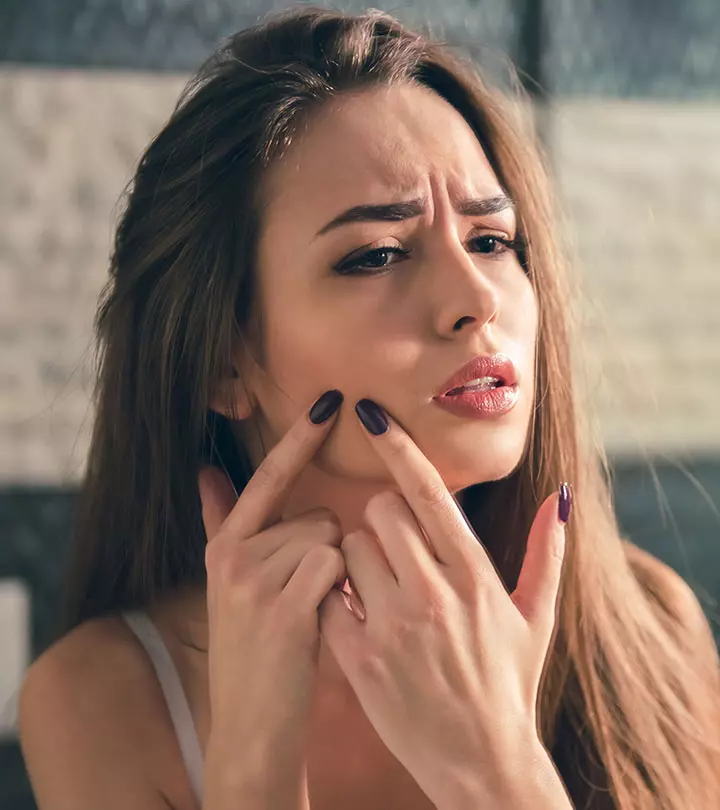
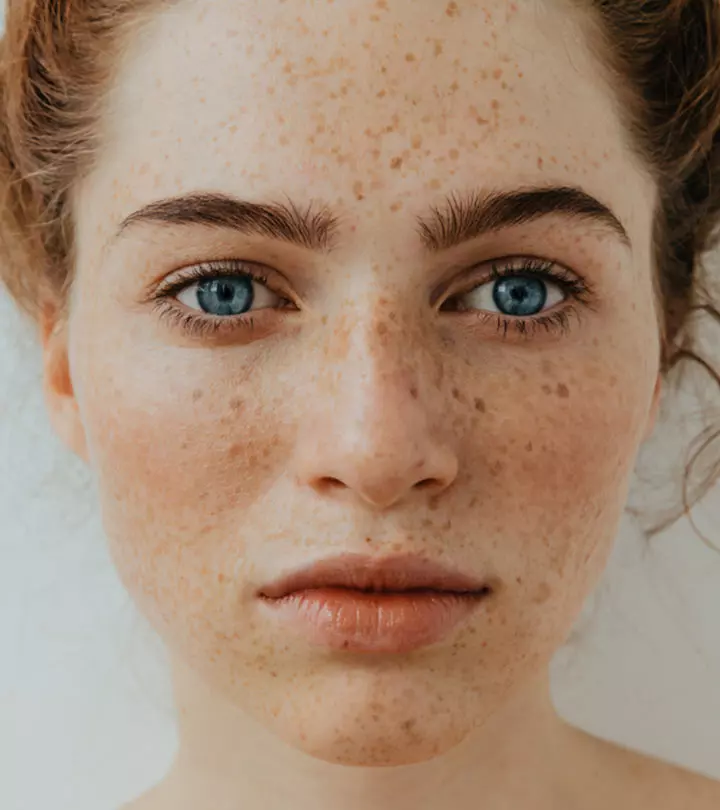
Community Experiences
Join the conversation and become a part of our empowering community! Share your stories, experiences, and insights to connect with other beauty, lifestyle, and health enthusiasts.